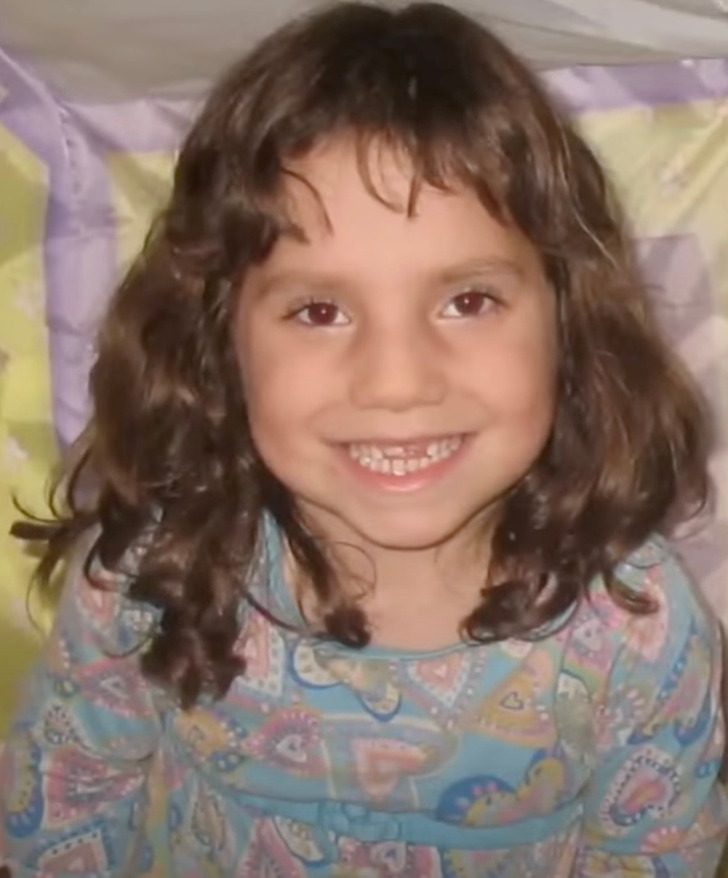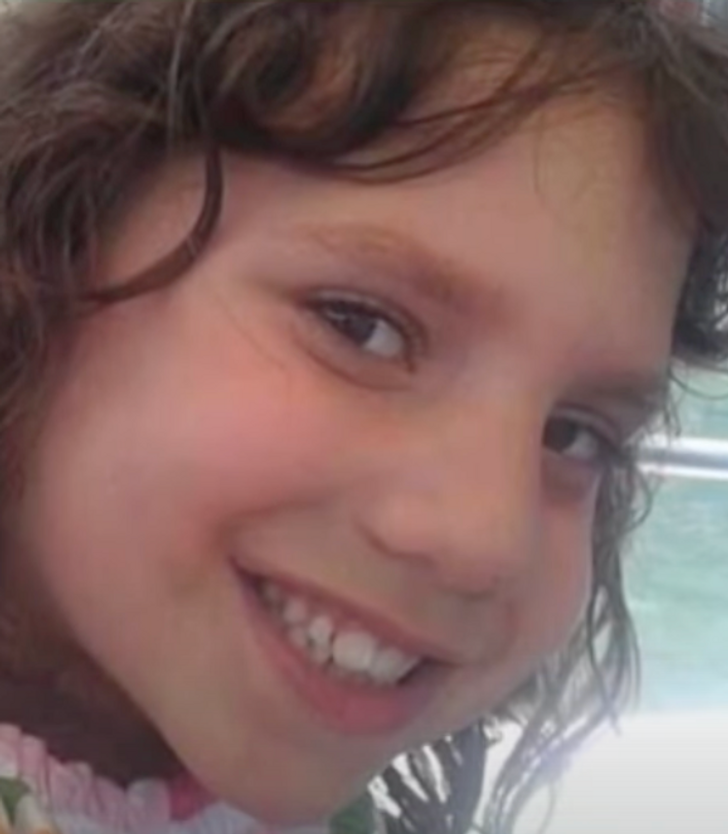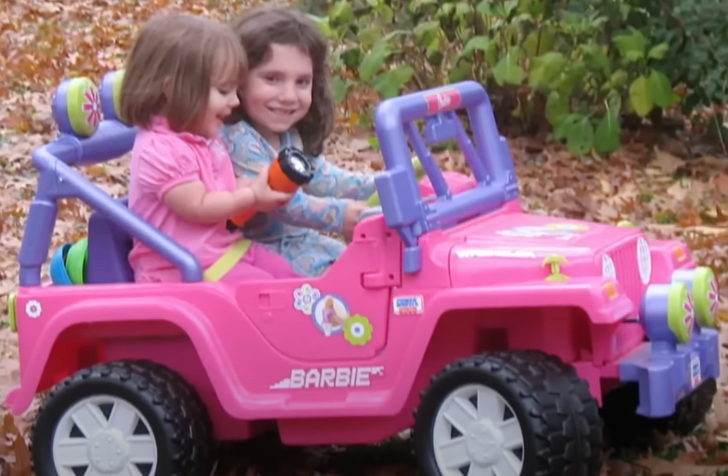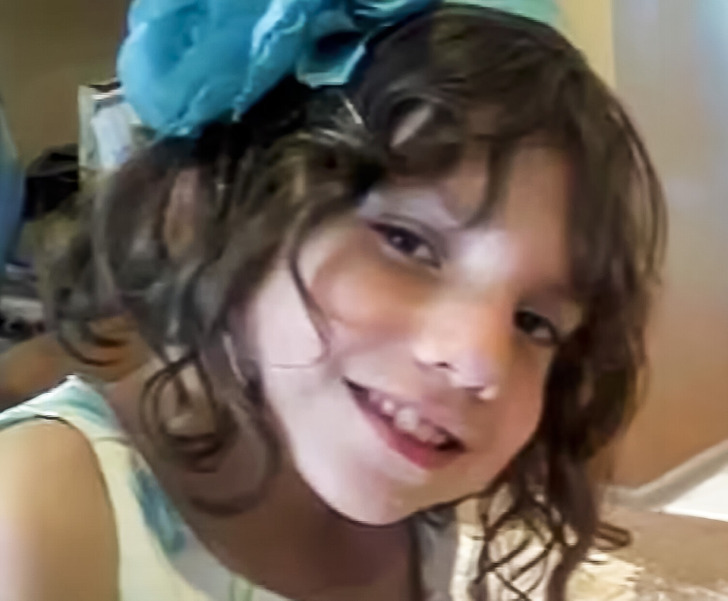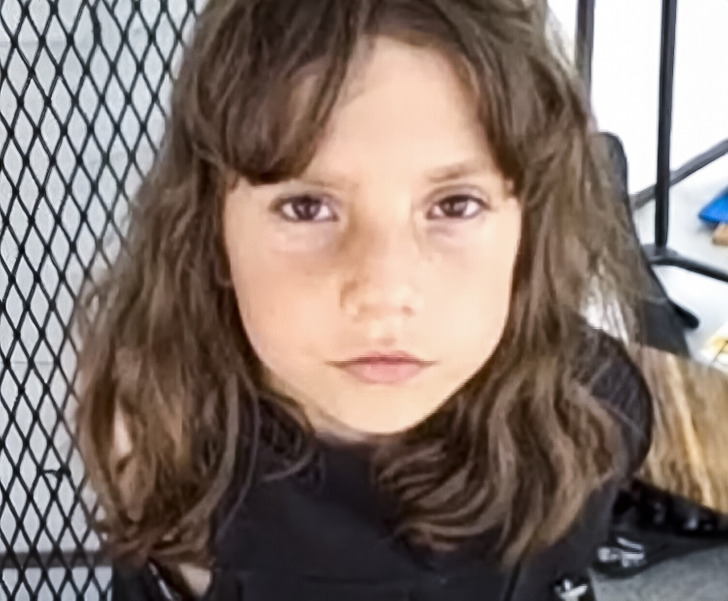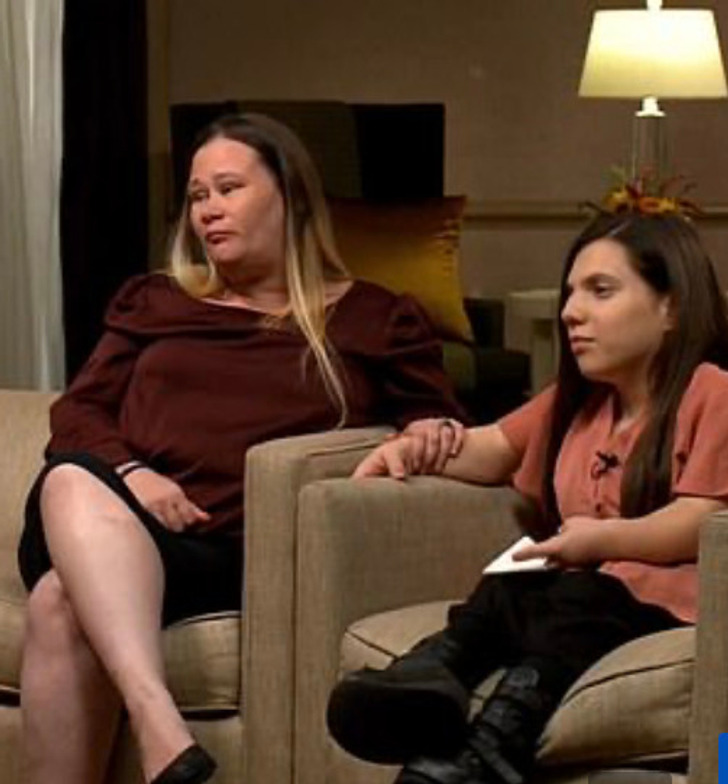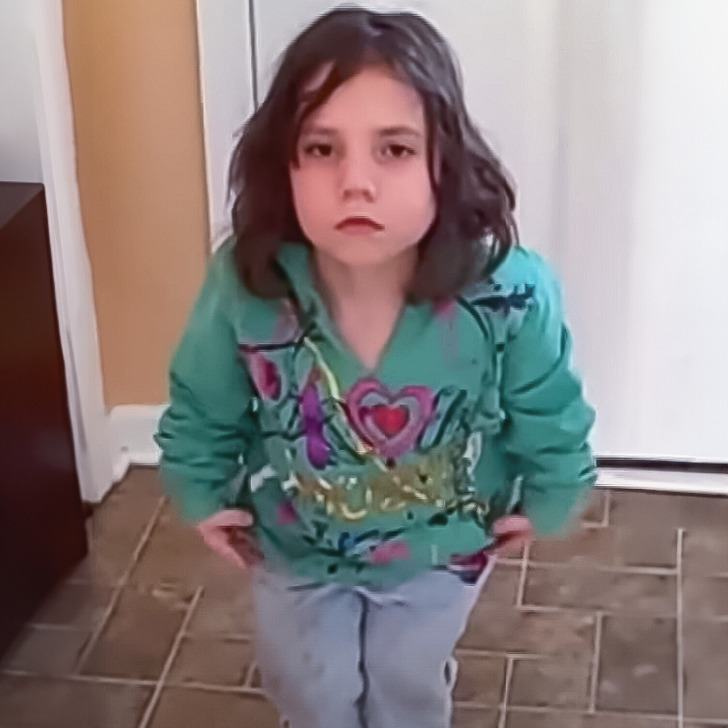This is a tuff story to make a judgment call with the amount of information provided. It seems as though with some medical study, thorough examinations, and testing, that they'd be able to better determine her genetic condition and history, dental age, bone study, MRI, and CT SCANS, that they could uncover a multitude of information. My heart aches a bit for both of them looking at it from each view point. I know I would be sick, in the deepest pits of my body, if I'd been deceived into adopting an adult, pretending to be a child. I feel like if this is the case, that others should have been aware that something wasn't right with this supposed child. Natalia definitely needs to be undergoing mental health care for the issues that she has endured with her adoptive family, as well as her prior experiences and all of the possible mental health issues related to her potentially being a full grown woman with dwarfism. This story sounds more like a bad dream or a Lifetime movie than an actual occurrence shared by a family who was so hopeful to give an orphaned child a home. I know that reading this story could make people apprehensive at best about adoption. This is just downright scary as hell.
A Family Adopted a 6-Years-Old Orphan Only to Later Find Out She Was an ADULT DWARF
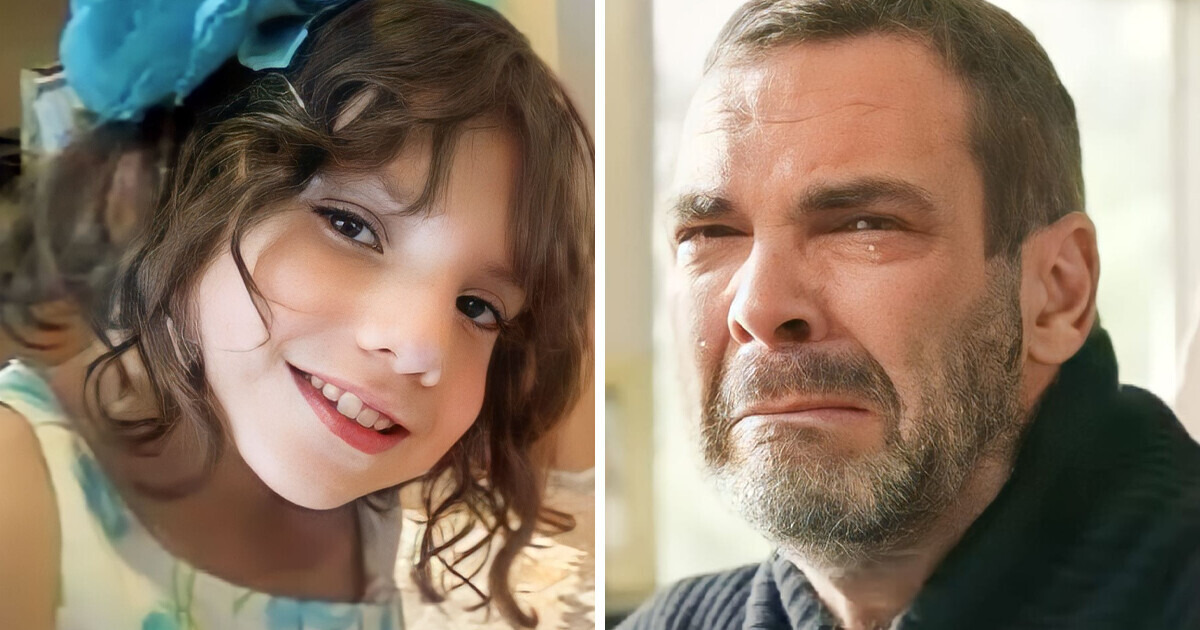
Initially believing they had welcomed a six-year-old orphan into their home, an Indiana couple, Michael and Kristine Barnett, gradually grew suspicious. The family’s tumultuous journey began 4 years after the adoption when the couple asserted that their girl, Natalia, is not who she claimed to be and that she may, in fact, be an adult dwarf masquerading as a child.
The distressing ordeal faced by the family is explored in The Curious Case of Natalia Grace, a documentary that recently premiered on Investigation Discovery (ID). In the opening sequence, emotions running high, Michael Barnett tearfully expresses, “She won’t tell us the truth of who she is — we are living with a con artist.”
In the documentary, Michael recounts that their family made the heartfelt decision to adopt an orphan from a center in Florida on April 26, 2010, when life seemed idyllic. They happily raised their three sons, enjoying financial stability with a substantial savings account and a newly built home.
“Early 2010, we were blessed with many things. By the time 2014 came around, I have 37 cents in my bank account, I have no wife, I have no children, I have no home, and no job. If Natalia never entered our lives, I never get divorced,” Michael reveals emotionally.
Doubts about her true age arose when the couple discovered that Natalia had been concealing her menstrual cycle from them for an extended period. Furthermore, on one occasion, Natalia encountered another child who was a genuine six-year-old with a rare bone disorder. The striking contrast in age became unmistakable as Natalia towered over her playmate, displaying advanced bone structure and vocabulary.
Furthermore, according to Michael, Natalia exhibited various signs indicating she was not a child but an adult. These signs included the presence of menstrual periods and adult teeth. Additionally, he noted that she did not experience any growth, which would typically occur even in children with dwarfism.
In addition, medical professionals reportedly confirmed that Natalia was dealing with a severe psychological disorder typically diagnosed in adults. These observations supported the belief that Natalia’s age had been misrepresented, further contributing to the complex circumstances surrounding her true identity.
During the investigation, Natalia disclosed that she had been informed of her revised birthdate at her orphanage before she relocated to the United States.
“(The officer) informs us he believes that her birth certificate is all bogus,” Michael revealed. According to a document related to her migration process, it was allegedly discovered that Natalia had shown no growth over four years, a fact that Michael argues would be unlikely for a six-year-old, even considering her dwarfism condition.
These numerous alarming indicators prompted the family to seek legal assistance. In 2012, they initiated a petition in probate court, and the judge, after careful consideration, officially modified her birth date from 2003 to 1989 on her birth document.
Following their petition’s approval, the couple decided to relocate Natalia to an apartment in Lafayette, which was three counties away from their previous residence, as they prepared to relocate to Canada. Natalia stated that her diet primarily consisted of peanut butter, jelly sandwiches, and noodles. She also claimed to have limited dexterity in her hands and arms, making it challenging for her to open canned food.
Approximately one year after the relocation, Natalia was compelled to leave the apartment due to multiple complaints regarding her disruptive behavior. Neighbors recounted witnessing her struggles in taking care of herself and shared accounts in the documentary of observing her wearing dirty clothes and emitting an unpleasant body odor. Moreover, they described her as a constant nuisance to the community, as she would enter people’s homes without invitation.
Recently, the couple was acquitted of neglect charges for leaving their adoptive daughter behind, despite their insistence that Natalia was legally recognized as an adult woman due to the change in her birthdate by a court order.
Michael stated that the family relocated from Indiana to Canada in order to support their 15-year-old son’s college education. However, some critics of the family argue that their decision to move was primarily driven by a desire to rid themselves of her. While the child neglect charges related to Natalia’s age were dropped as a result of the legal age change, additional neglect charges were still applicable due to her dwarfism, which rendered her dependent on the care of the couple.
During a 2019 episode of the Dr. Phil show, emotionally distraught Natalia vehemently denied being an adult and refuted the accusations of deceiving the Barnett family. She maintained her innocence, expressing the distress caused by the devastating situation.
Natalia was accompanied by her new parents, who stood by her side and defended her, asserting that she was a genuinely loving girl, not an adult sociopath posing as a child. Their support aimed to counter the allegations against Natalia and provide a different perspective on her character.
Luckily, despite their challenges, not every dwarf has a story as dramatic as Natalia’s. In fact, when in the right circumstances, people born with dwarfism can have the same jobs, daily routines, and family life aspirations as everyone else.
Comments
Related Reads
15 Product Reviews That Made Us Roll With Laughter

16 Tweets From People That Haven’t Quite Gotten Over Their Exes

20 Smart People Who Know How to Hack Their Way Through Life

How a Reality Star Who Weighed 845 Pounds Documented His Journey and Inspired Thousands of People
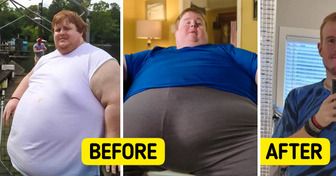
A Look Inside the Life of One the Quietest Stars, Cillian Murphy, Who Actually Hates Being Famous

What the Moms of the 15 Hottest Women Look Like
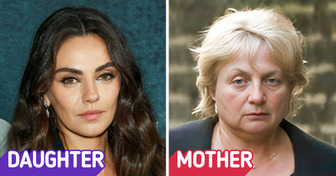
An Artist From New Zealand Shows the Little Things Most Loving Couples Do, and They Look So Familiar

I Got Fired for Refusing to Let My Boss Humiliate Me in Front of Everyone

I Refuse to Care for My Daughter’s Baby, I’m Not a Free Childcare Center
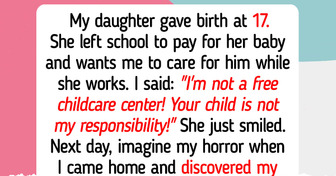
13 Teachers Who Didn’t Just Teach a Subject, They Rescued a Soul
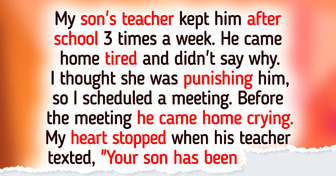
15 Times Someone Showed Kindness Without Saying Anything
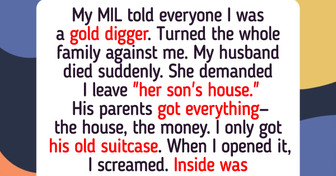
I Refused to Put My Health at Risk Because of My Job, Now HR Got Involved

